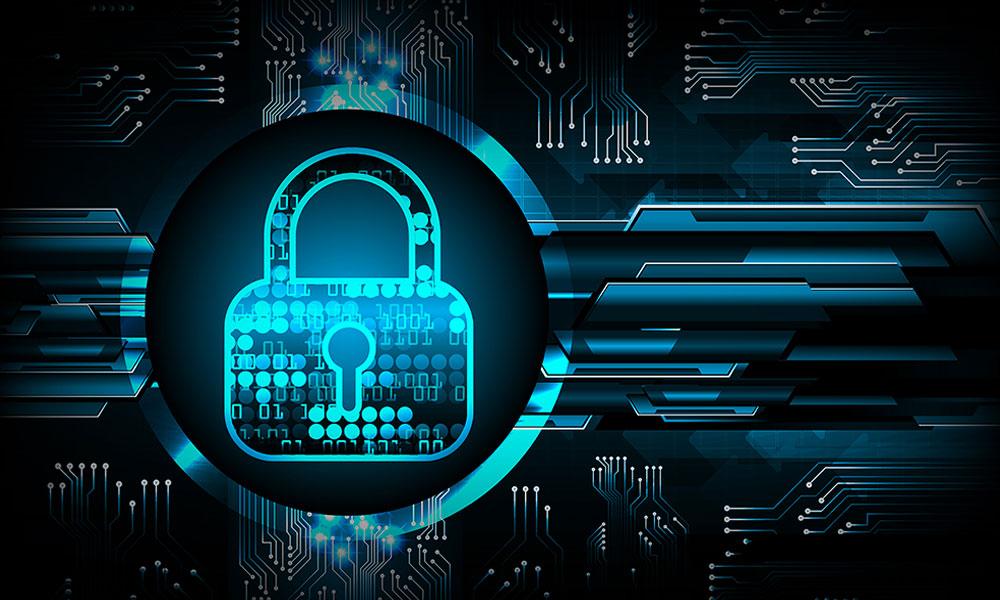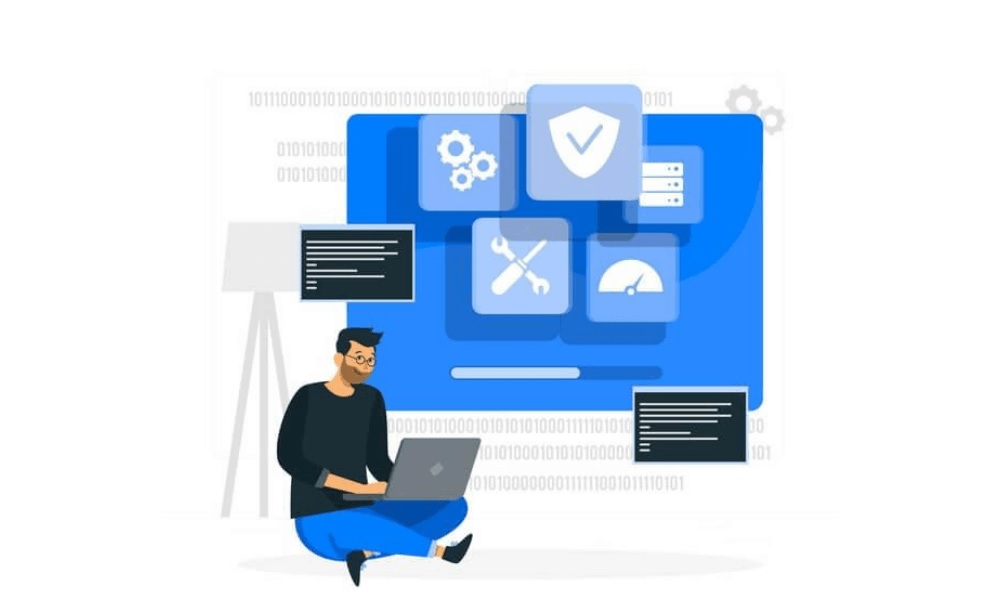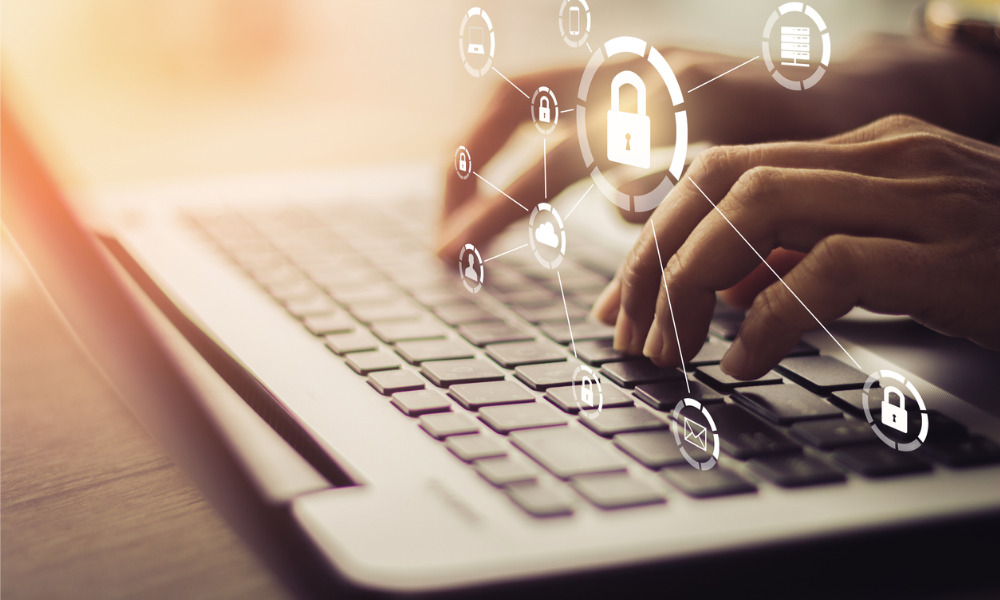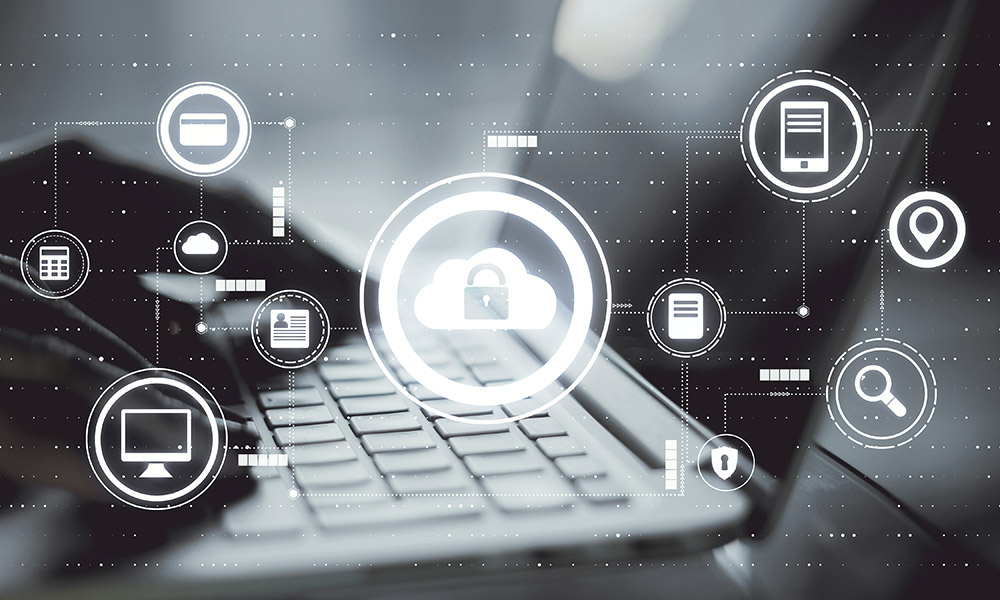
In recent years, biometric technology has become increasingly popular in the realm of security. Biometrics refers to the use of unique physical or behavioral characteristics to identify individuals. This technology has revolutionized the way we approach security, both on a personal and corporate level. In this article, we will explore the impact that biometrics has had on security and its potential for the future.
Personal Security
Biometrics has had a significant impact on personal security. With the rise of digital technology, traditional methods of identification such as passwords and PINs have become less secure. Biometric authentication, on the other hand, is much more difficult to fake or hack. Biometric identification methods include fingerprint scanning, facial recognition, voice recognition, and even DNA analysis.
One of the most common uses of biometrics in personal security is in smartphones. Many modern smartphones now come equipped with fingerprint scanners or facial recognition technology, allowing users to unlock their devices quickly and securely. This technology has become so prevalent that it is now rare to see a new smartphone released without some form of biometric authentication.
Another area where biometrics has had an impact on personal security is in financial transactions. With the rise of mobile banking and online shopping, biometric authentication has become an essential tool in preventing fraud. Banks and financial institutions now use biometric authentication methods to verify the identity of customers before allowing them to access their accounts or make transactions.
Corporate Security
Biometrics has also had a significant impact on corporate security. In the past, companies relied on physical security measures such as locks and security cameras to protect their premises. While these methods are still important, they are no longer enough to ensure the security of sensitive data and information.
Biometric authentication has become an essential tool in corporate security. Companies now use biometric identification methods to control access to their premises and data centers. This technology allows them to ensure that only authorized personnel are granted access to sensitive areas and information.
Another area where biometrics has had an impact on corporate security is in employee identification. Biometric identification methods are now used to identify employees when they clock in and out of work, ensuring that they are paid accurately for their time worked. This technology has helped to reduce time theft and prevent employees from clocking in for each other.
The Future of Biometrics
The impact of biometrics on personal and corporate security is undeniable. As technology continues to advance, it is likely that we will see even more widespread use of biometric authentication methods. Some experts predict that biometrics will eventually replace traditional forms of identification such as passports and driver’s licenses.
However, there are also concerns about the potential risks of biometric technology. One of the biggest concerns is the risk of data breaches. If biometric data is compromised, it cannot be changed like a password or PIN. This means that if someone’s biometric data is stolen, they may be at risk of identity theft for the rest of their lives.
Despite these concerns, the benefits of biometric technology are clear. The technology has already had a significant impact on personal and corporate security, and it is likely that we will continue to see its use grow in the years to come.
Biometric technology has revolutionized the way we approach security, both on a personal and corporate level. It has made it easier to authenticate individuals and prevent fraud, while also providing a higher level of security for sensitive data and information. While there are concerns about the potential risks of biometric technology, its benefits are clear. As technology continues to advance, it is likely that we will see even more widespread use of biometric authentication methods in the future.




